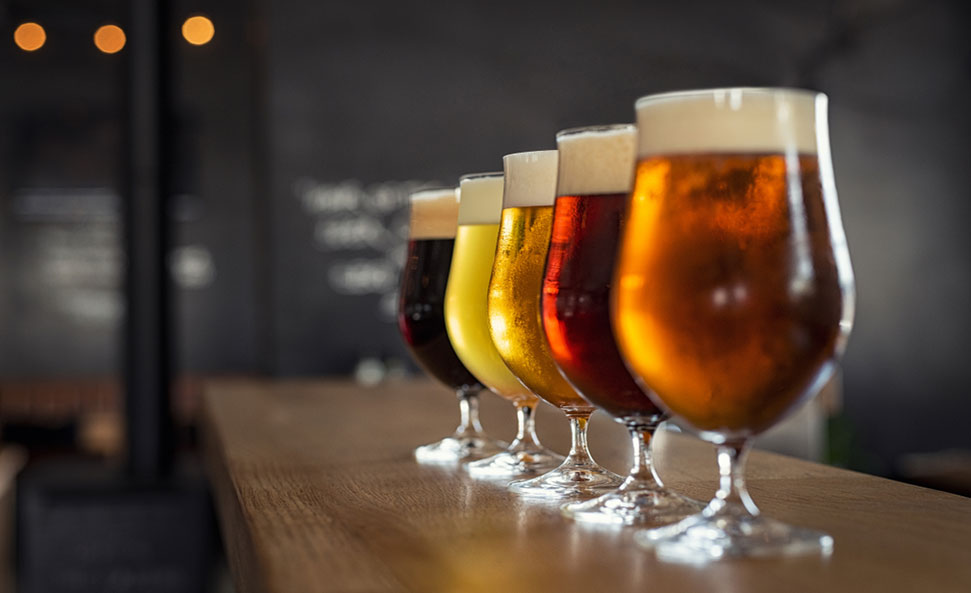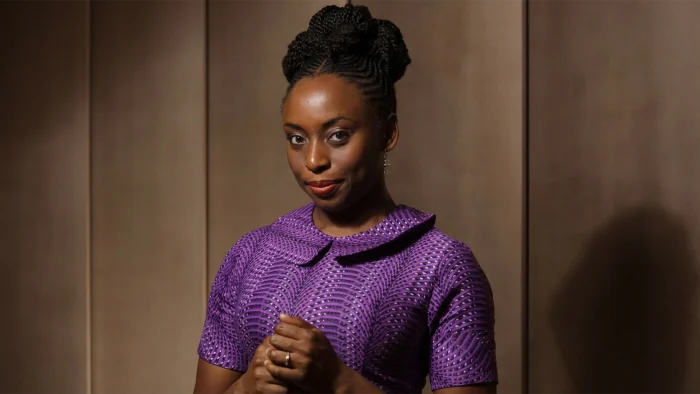 Heineken, one of the world’s largest brewers, recently made a move that’s caught the attention of beer drinkers in the UK. The company decided to increase its beer prices by nearly 10%, and the impact is already being felt.
Heineken, one of the world’s largest brewers, recently made a move that’s caught the attention of beer drinkers in the UK. The company decided to increase its beer prices by nearly 10%, and the impact is already being felt.
[ad]
In the three months leading up to the end of September, Heineken reported a 4.2% decrease in beer sales compared to the same period last year. The drop in sales coincided with the substantial price hike, which Heineken attributed to inflation-led increases.
The price of beer has been steadily climbing since the pandemic, driven by rising costs in various areas, including energy and wages. According to the Office for National Statistics, the average cost of a pint of lager has increased by 25% from £3.67 in January 2019 to £4.62 last month.
Heineken owns popular beer brands like Tiger, Foster’s, Birra Moretti, and Sol, and this price increase affects a wide range of beer products. For example, the price for a pack of four cans of Foster’s lager has risen by nearly 18% in the past year, reaching £4.60, according to Trolley.co.uk, which tracks supermarket prices. Similarly, a pack of Birra Moretti has seen a price increase of around 16% over the same period.
Interestingly, alongside raising prices, beer manufacturers have also been reducing the alcohol content of their beers as a strategy to manage costs. For example, Foster’s lager has gone from 4% alcohol to 3.7% this year. This change not only helps breweries save on taxes, as levies are tied to the alcohol percentage in beers, but it also allows them to navigate rising expenses.
Heineken’s CEO, Dolf van den Brink, noted that the rapid increase in beer prices might be reaching its peak, stating that “inflation-led pricing is tapering.” Despite the decline in sales, Heineken’s revenues increased by 4.5%, largely due to the higher prices.
It’s worth mentioning that the beer industry is adjusting to economic challenges, and changes in beer pricing and content are part of that adaptation. Despite this, Heineken expects to see a gradual improvement in business performance, although at a slower pace than they would prefer. In the meantime, they continue to focus on gaining market share in various regions and responding to shifts in consumer demand.
So, as beer prices continue to make headlines, consumers are left to weigh the impact on their wallets and their favorite brews.
[ad unit=2]








